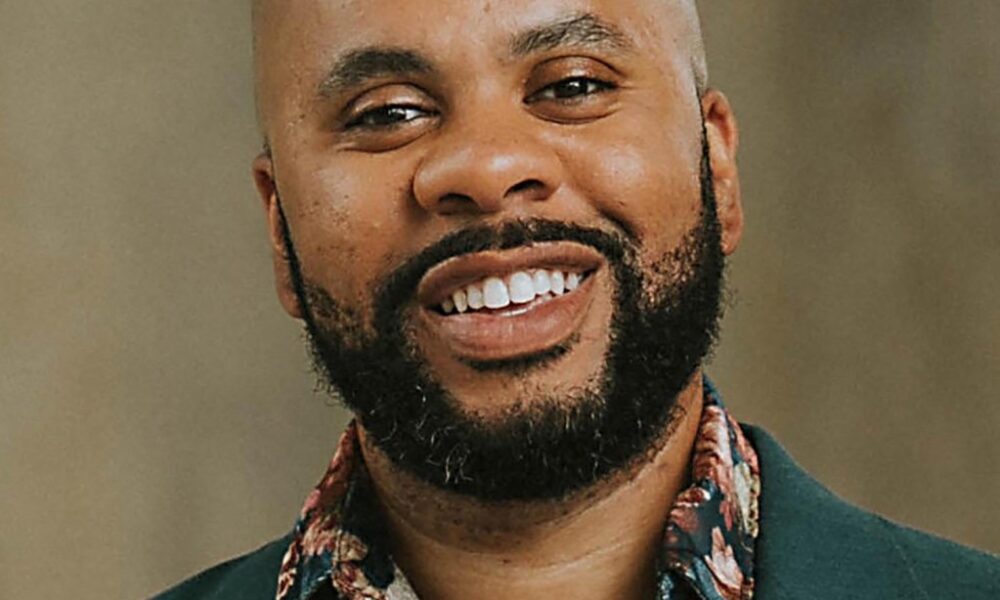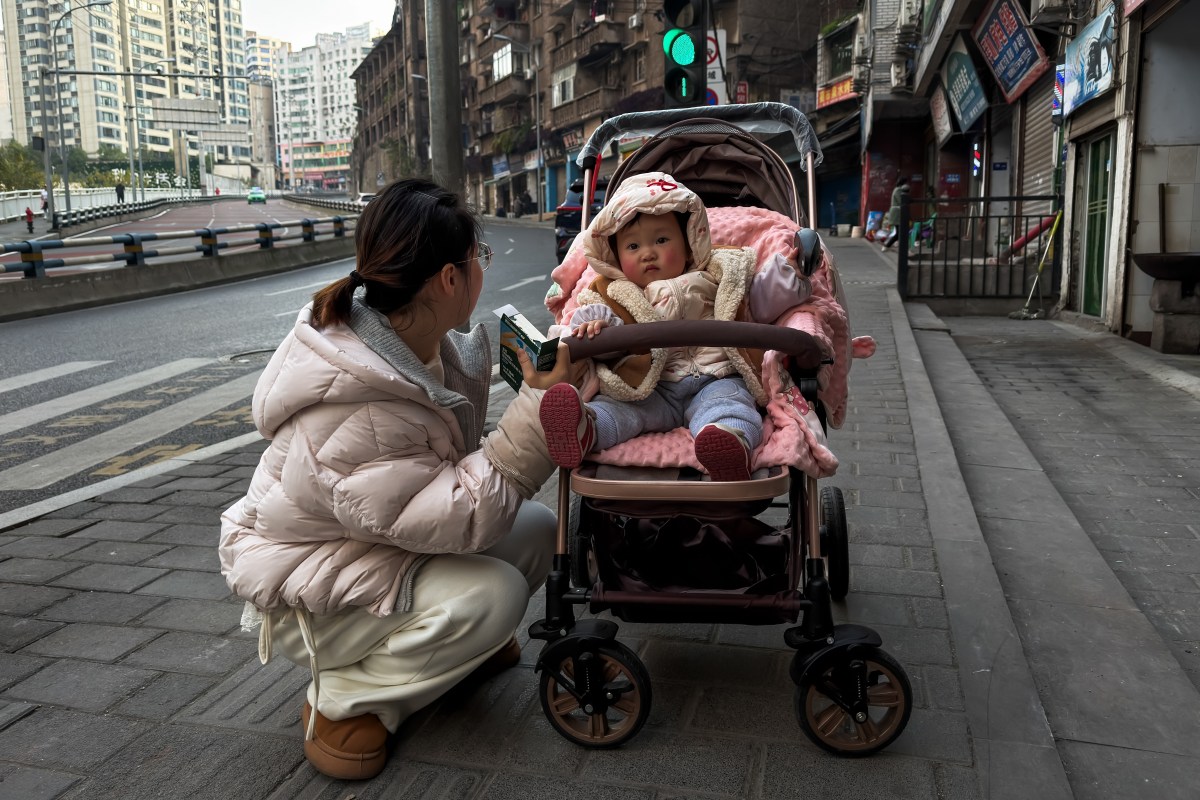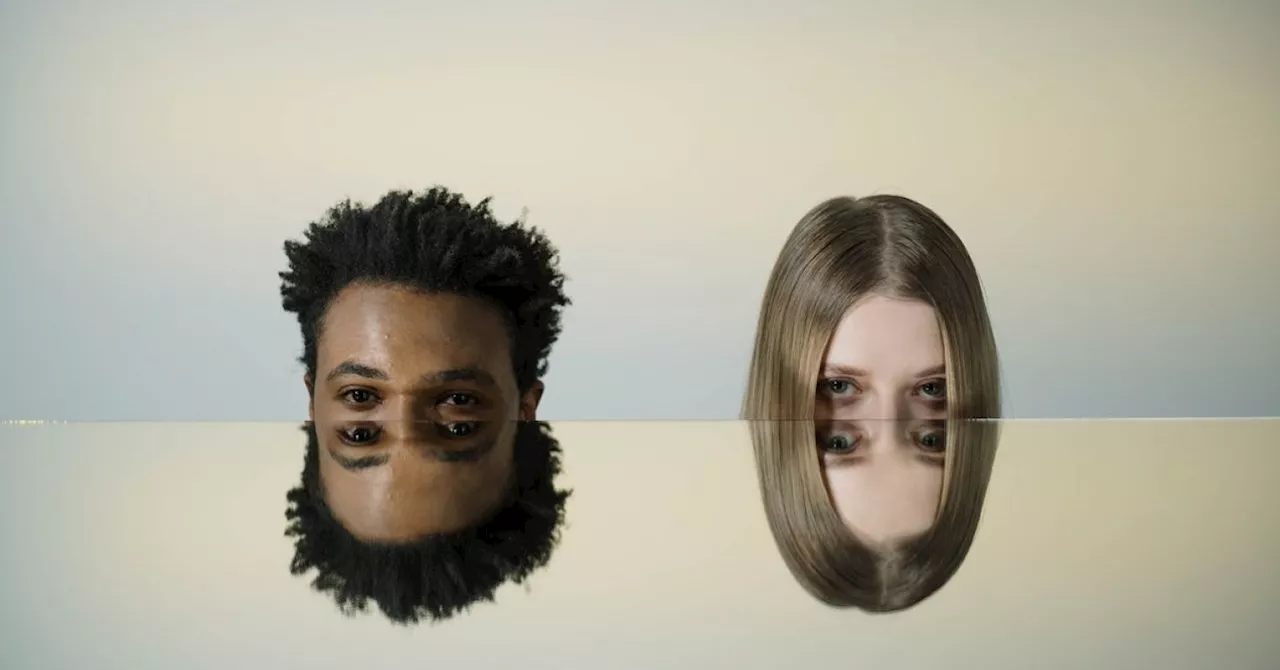A long-standing friendship faces turmoil after a painful revelation regarding past behavior. A woman, who has been in recovery from alcohol addiction for almost 31 years, expressed her distress after a close friend recounted a story from her drinking days in a social setting. This incident has raised questions about the dynamics of their relationship and the importance of mutual respect in friendships.
The individual, who chose to identify as “Not My Past,” relayed her experience of being embarrassed when her friend shared a story of her alleged blackout drinking days. In this moment, she felt vulnerable, especially as the audience included people unfamiliar with her journey of recovery. She stated, “I was so embarrassed and hurt by the fact that she would do this to me.” The friend, who has been in her life for over 50 years, seemingly highlighted an aspect of her past that the recovering individual wishes to leave behind.
The emotional weight of the situation is compounded by the notion that this is not an isolated incident. “Not My Past” explained that similar situations have occurred before when in the company of new acquaintances. This pattern has prompted her to consider severing the friendship entirely.
In response to her concerns, advice columnist Eric Thomas emphasized the need for open communication. He suggested that before making any drastic decisions, it would be beneficial for “Not My Past” to have a candid conversation with her friend. He noted that the friend may not fully realize the impact of her words. “If that’s the case, she should quickly apologize, acknowledge what she did that was hurtful, and seek to make it right going forward,” Thomas advised.
The dynamics of friendships, especially those that span decades, can often be complex. Emotions like jealousy and insecurity may arise, as seen in another letter from a reader concerned about her sister’s reaction to her own friendships. The sister expressed fear of being replaced by a mutual friend, showcasing how insecurities can strain relationships. Eric suggested that a face-to-face discussion could help address these concerns, emphasizing the importance of communication in maintaining healthy connections.
In a related commentary, a reader shared insights regarding a different scenario involving potential elder abuse. This individual highlighted the importance of having supportive individuals present during difficult family interactions, showcasing the broader implications of trust and safety in familial relationships.
Ultimately, the situations presented underscore the intricate nature of human relationships, where misunderstandings and emotional wounds can arise. Eric’s advice to “Not My Past” and others facing similar dilemmas stresses the value of dialogue and understanding as pathways to healing and resolution.
As friendships evolve, so too do the responsibilities of those involved. Open discussions can lead to deeper connections and a better understanding of each other’s feelings, paving the way for stronger bonds that endure the test of time.







